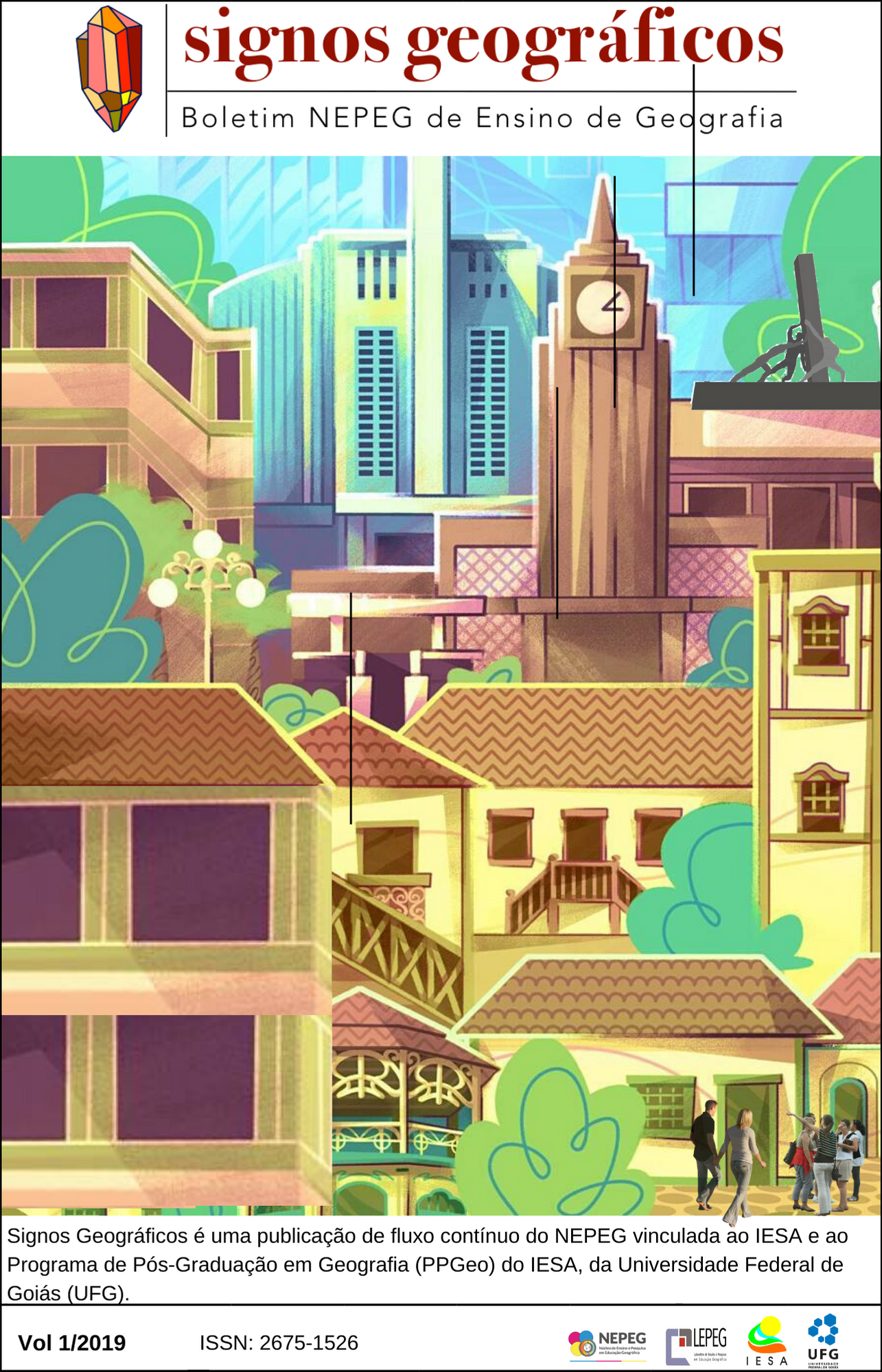INERCIAS COGNITIVAS Y CULTURALES COMO OBSTÁCULOS PARA LA TRANSICIÓN HIDROLÓGICA, UNA PROPUESTA FORMATIVA DE EDUCACIÓN AMBIENTAL
Mots-clés :
transición hidrológica, educación ambiental, inercias cognitivas, tópicos del agua, cambio climáticoRésumé
Las previsiones que ofrece el cambio climático respecto a la disponibilidad de agua y su distribución a escala espaciotemporal, exigen nuevas perspectivas de análisis que promuevan una gestión más sostenible y adaptativa en lo ambiental y lo social. Este proceso de transición hidrológica conlleva un cambio radical de mentalidad, desde modelos de gestión hidráulicos hacia otros basados en la concepción ecosistémica y holística, una transición plagada de inercias culturales y cognitivas resistentes al cambio y donde las estrategias educativas pueden hacer aportaciones interesantes. El artículo describe y analiza una experiencia educativa realizada en dos contextos de enseñanza aprendizaje no formal, en el ámbito de la educación ambiental avanzada, donde a través del análisis en grupo de textos seleccionados, se construyen diferentes situaciones ideológicas y conceptuales relativas al tránsito hidrológico necesario. Los textos hacen referencia a los fundamentos del “regeneracionismo hidráulico” del siglo XIX, a la permanencia e influencia de aquellas ideas en la actualidad - lo que llamamos inercias cognitivas -, a la persistencia de problemas recurrentes a pesar de un siglo de medidas hidráulicas y a los nuevos planteamientos de sostenibilidad y racionalidad hídrica. La experiencia destaca la complejidad de los procesos de cambio conceptual, la necesidad de conocer las ideas subyacentes a las percepciones sobre el agua para poder transformarlas y la necesidad de estrategias educativas para facilitar la transición hidrológica.








